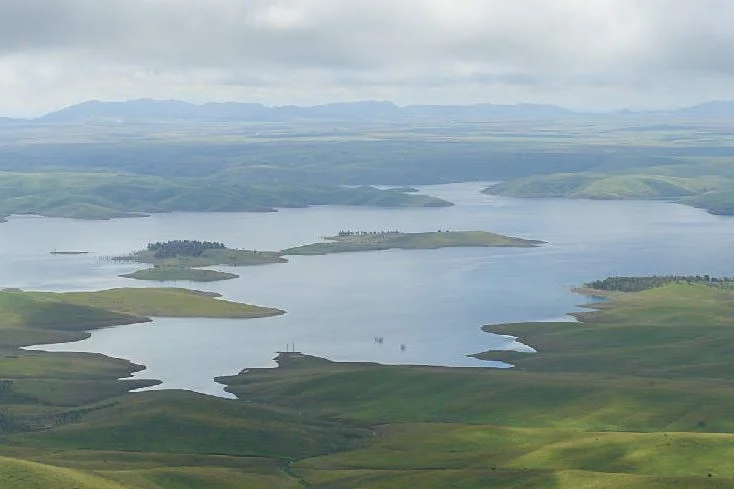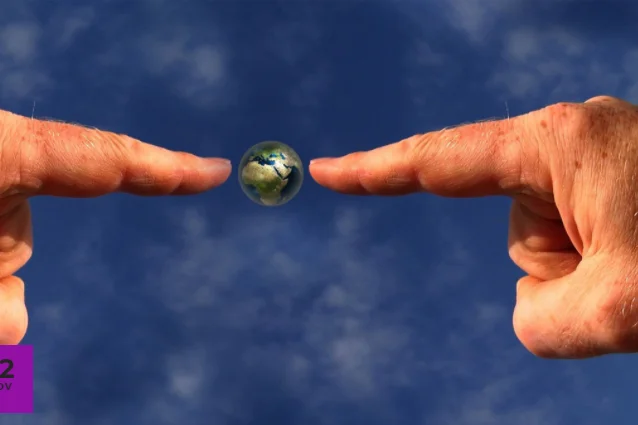SPAIN’S CONTRIBUTION TO SUSTAINABILITY

The coronavirus has paralyzed the world. A slowdown that, perhaps, can make us reflect on how we treat the planet that welcomes us and how countries can and should continue to make progress in sustainability.
We recall 5 focal points in which Spain stands out in its role as a global player in favour of sustainability.
Leaders in biosphere reserves and the European country with the most UNESCO geoparks
Spain now has 52 areas that have been declared UNESCO Biosphere Reserves, making it the country with the most areas having this designation, out of a total of 123 countries and 726 reserves worldwide. In total, the 52 reserves represent 12% of Spanish territory (some 60,713 square kilometres, in which nearly two million people live). In these areas, the International Co-ordinating Council of UNESCO’s Man and the Biosphere Programme (MAB) has assessed aspects such as the conservation and biological diversity of these areas, the use of resources, and the coexistence and traditional customs of the people who live in them.
Spain stands out not only for the size and value of its biosphere, but also for its geological wealth. With the recent inclusion of Montañas do Courel (Galicia), Spain has become the European country with the most UNESCO Geoparks, and the second in the world, only behind China. Our 46 country has 13 world Geoparks, which have a remarkable geological heritage and carry out sustainable development and promotion projects. To be declared a Geopark by UNESCO, a site must meet three criteria: it must contain geological heritage of international value; it must implement geoconservation and promotion initiatives; and it must have a strategy for regional socio-economic and cultural development. There are 150 Geoparks in the world, and Europe is the continent with the largest number.
Spaniards, are highly aware and concerned about the impact of climate change
According to data from the US think tank Pew Research, 81% of Spaniards believe that climate change is a threat. This latest ranking places us as the third most aware country in the world in this field, while the Pew Research ranking places Spain in fourth place. These positions are linked to the general sentiment of the population but also to the measures being adopted by public and private organisations who are working towards curbing greenhouse gas emissions and global warming.
12th worldwide in renewable energy production capacity
According to data from the International Renewable Energy Agency (IRENA), in 2018 Spain had the world’s 12th largest renewable energy power capacity or electricity generation (with 48,277.5 MW). In this ranking, headed by China, the USA and Brazil, Spain achieves higher levels of renewable energy production than such countries as the United Kingdom, Norway, Sweden and Australia. Spain also ranks fifth worldwide in terms of installed wind power, after China, the USA, Germany and India, according to the Spanish Wind Energy Association (Spanish acronym, AEE). It is also the fifth European country and 10th worldwide in photovoltaic solar energy (according to the Solar Energy Institute).
During 2019, Spain has positioned itself as the second European country that has the most wind energy installations and the country that has invested the most with 2.8 billion euros. In the report ‘Wind Energy in Europe 2019’, by WindEurope, states that our country installed 2.3 GW of new onshore wind energy capacity, which was its highest installation rate since 2009. In the ranking, the country with the largest installation of wind energy capacity was the United Kingdom (2.4 GW, both onshore and offshore), the third largest Germany (2.2 GW, onshore and offshore), followed by Sweden (1.6 GW, all onshore) and France (1.3 GW, also onshore). In terms of onshore wind power alone, Spain led the way in the installation of new wind farms.
Committed to Agenda 2030
The fight against climate change is the crux of the 17 Sustainable Development Goals (SDGs) set by the United Nations in its 2030 Agenda. Spain is highly committed to complying with each and every one of them. In fact, it ranks 21st out of 162 countries analysed in the Sustainable Development Report 2019, prepared by the Sustainable Development Solutions Network (SDSN).
This document bases its results on data from international organisations such as the World Bank, the International Monetary Fund and the OECD and is audited by the European Commission. Specifically, Spain obtains its best results in SDG 6 – clean water and sanitation – and in SDG 7 – affordable and non-polluting energy.




